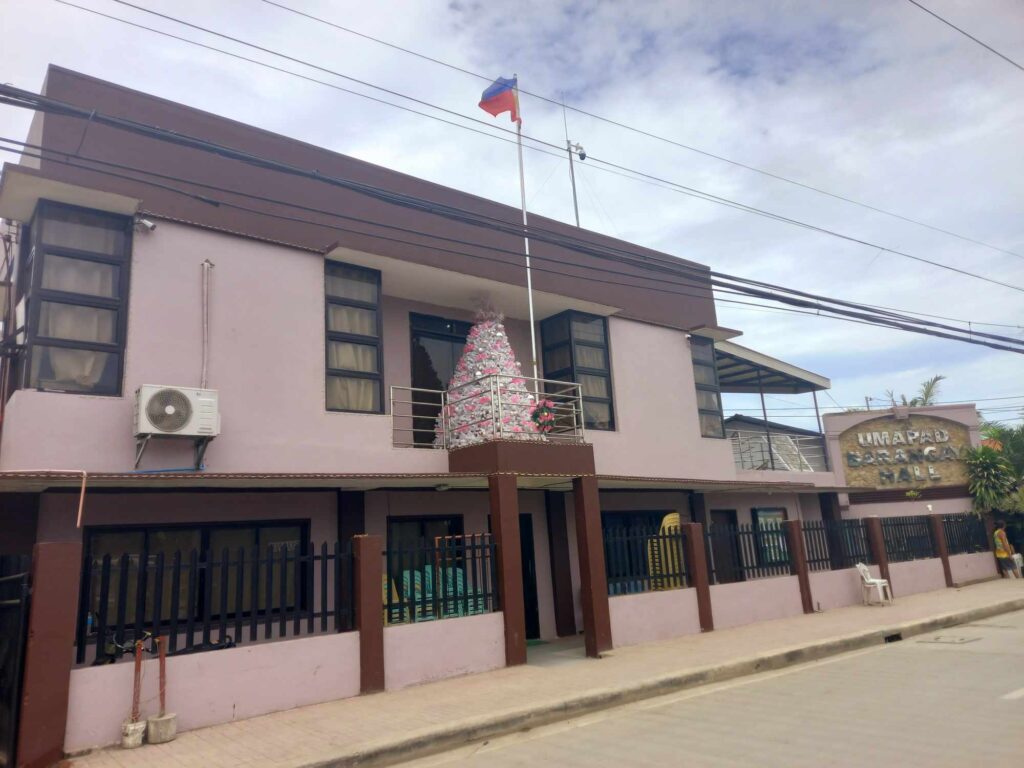
Yoon mentioned martial law as early as summer, says key general Published: 11 Dec. 2024, 17:03 Audio report: written by reporters, read by AI Former Defense Counterintelligence Command Commander Lt. Gen.
Yeo In-hyung attends an intelligence committee meeting at the National Assembly in Yeouido, western Seoul, on Saturday. [YONHAP] Prosecutors said Wednesday that they have secured testimony that President Yoon Suk Yeol brought up the topic of martial law as early as this summer. Defense Counterintelligence Commander Yeo In-hyung testified as he was grilled by the prosecution’s special investigation headquarters Tuesday that Yoon mentioned martial law “during a dinner gathering in early summer while discussing the political situation.

" Related Article Presidential office refuses to cooperate with NOI raid, blocks entry into compound Polls show that nearly 80% of respondents favor presidential impeachment Vote on second Yoon impeachment motion to be held on Saturday at 5 p.m. Based on Yeo’s testimony, the prosecution is focusing its efforts on identifying the intentions and background behind the martial law forces’ armed entry into the National Election Commission (NEC) building immediately after the marital law declaration on Dec.
3. Present at the dinner where Yoon first revealed his thoughts on martial law were Yeo and then-Chief of the Presidential Security Service Kim Yong-hyun. All three are alumni of Choongam High School.
Kim was later made Defense Minister before giving up the position on Dec. 5. Yeo testified that he tried to dissuade the president, saying, “You shouldn't say such things,” when the topic of martial law was raised abruptly.
“At the time of the dinner, I only thought, ‘Surely, he wouldn’t actually declare martial law,’” Yeo said. “The president did not present any specific plans for martial law at that time. I simply said with concern, ‘You should not do that.
’” Yeo testified that Yoon continued to mention the necessity of martial law on multiple occasions afterward. “He seemed to be thinking about it more seriously over time, and I repeatedly advised against it,” Yeo told the prosecution. Yeo clarified that he had not received specific instructions or engaged in discussions with Yoon leading up to after the declaration of martial law.
“I did not know martial law would actually be declared,” said Yeo. “I only realized it had been enacted upon seeing the president’s address on the day of the announcement.” Yeo faces charges of insurrection and abuse of power over allegations that, on the day martial law was declared, he ordered Defense Counterintelligence Command troops to deploy to the NEC and the National Assembly, demanding the arrest and detention of lawmakers.
Brig. Gen. Kim Dae-woo, chief of the Defense Counterintelligence Command’s investigation unit, speaks in a parliamentary defense committee meeting at the National Assembly in Yeouido, western Seoul, on Tuesday.
[YONHAP] During an emergency inquiry at the National Assembly Defense Committee on Tuesday, Jeong Seong-woo, chief of the First Division at the Defense Counterintelligence Command, testified that Yeo gave him “verbal instructions to ‘copy the NEC server and take it in its entirety.’” Kim Dae-woo, chief of the command’s investigation unit, said, “Commander Yeo instructed us regarding the arrest of politicians and to check whether facilities suitable for detention were available in the B1 bunker.” The B1 bunker is a command and control bunker under the jurisdiction of the Army's Capital Defense Command.
In a contingency, it serves as the de facto wartime command center for Korea's military, making it a critical military facility. In response to allegations of ordering troops to the NEC and the detention of lawmakers, Yeo said he acted on instructions from former Defense Minister Kim Yong-hyun after the martial law declaration. “I deeply apologize for causing concern to the public,” Yeo said in a statement released Monday.
“The troops were deployed past 1 a.m. but returned before reaching the vicinity of the National Assembly or the NEC.
This demonstrates that the Defense Counterintelligence Command had no prior knowledge of the martial law declaration.” BY KIM MIN-YOUNG [ [email protected] ] var admarutag = admarutag || {} admarutag.cmd = admarutag.
cmd || [] admarutag.cmd.push(function () { admarutag.
pageview('3bf9fc17-6e70-4776-9d65-ca3bb0c17cb7'); });.










